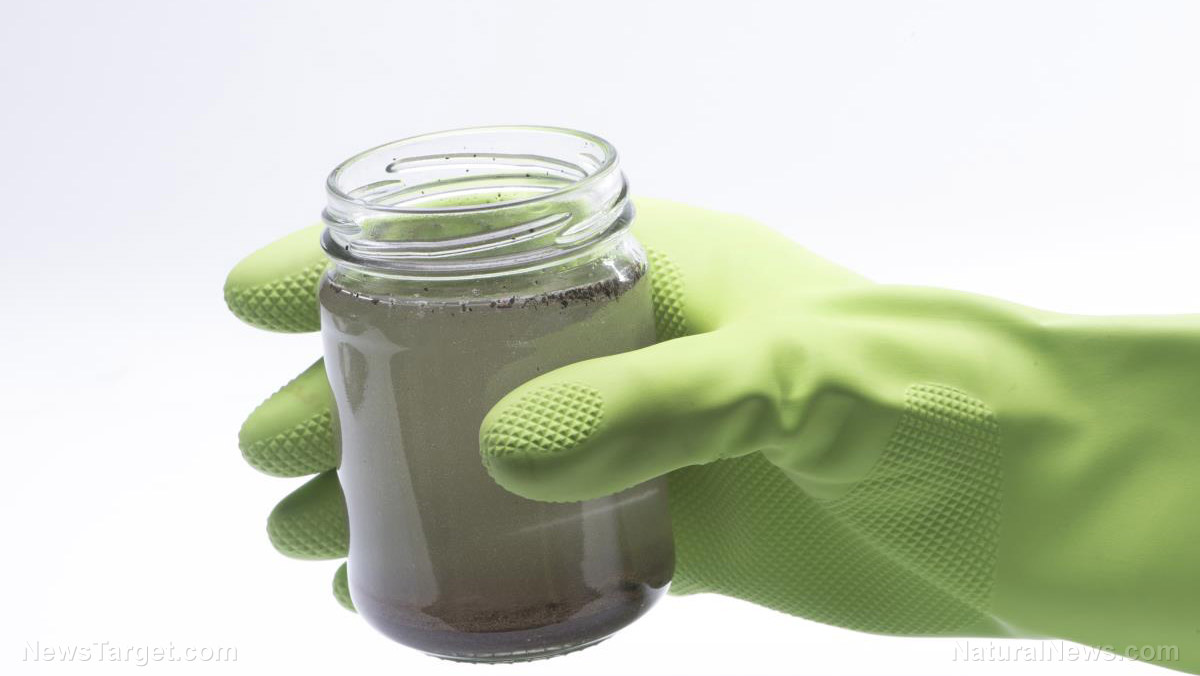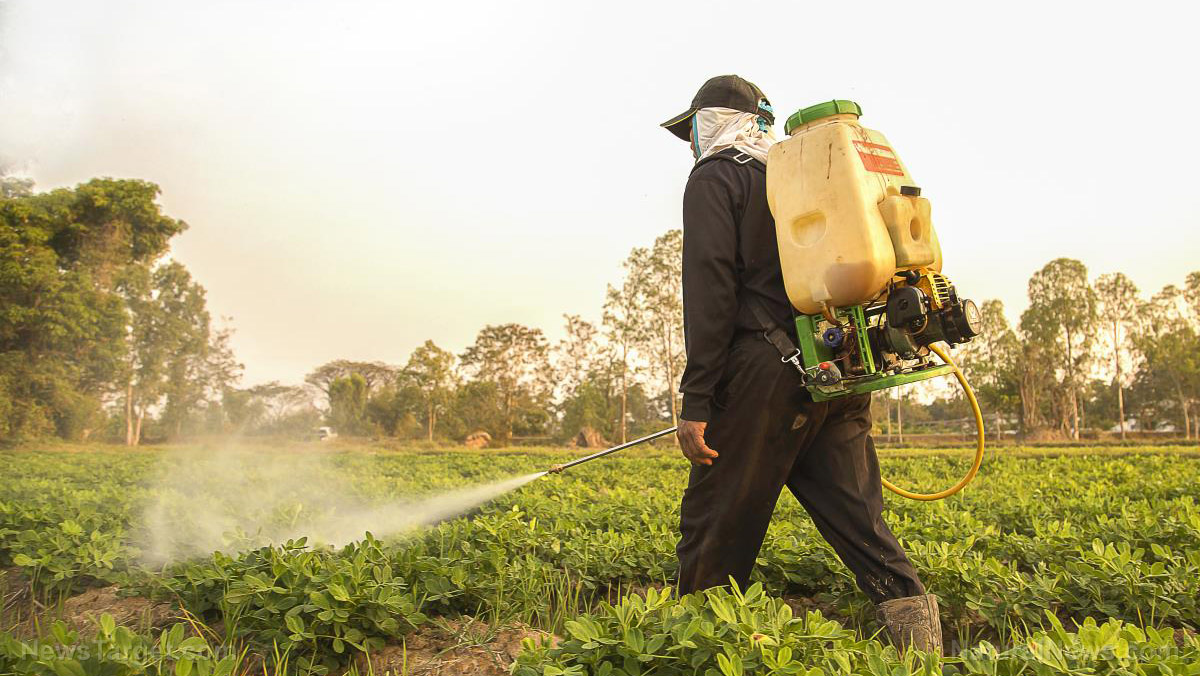Monsanto on trial: Former EPA official to testify about covering up link between Roundup, cancer
03/03/2017 / By Lance D Johnson

A multi-district cancer lawsuit is currently underway in San Francisco, California. The suit alleges that Monsanto failed to warn the public about Roundup’s cancer risk to humans. Sixty plaintiffs, many suffering from non-Hodgkin’s lymphoma, are accusing Monsanto of covering up evidence that Roundup herbicide could cause cancer. A former EPA official, Jess Rowland, is set to testify in the case and could reveal the EPA’s buried science linking Roundup (glyphosate) to cancer.
U.S. District Judge Vince Chhabria is looking forward to Rowland’s deposition: “My reaction is when you consider the relevance of the EPA’s reports, and you consider their relevance to this litigation, it seems appropriate to take Jess Rowland’s deposition,” he said.
Due to regulatory concerns, this case is currently holding Monsanto back from a $66 billion mega merger with German pharmaceutical company, Bayer AG.
What will Rowland’s deposition uncover?
According to Bloomberg, the plaintiff’s lawyers see Rowland’s upcoming deposition as a potential trap, mainly because Rowland enjoyed a “highly suspicious” relationship with Monsanto through the years. The plaintiff’s attorneys are concerned that Rowland could remain silent, not disclosing evidence of Roundup’s cancer link. After all, Rowland is a close ally to Monsanto and the chair of an EPA committee that gave glyphosate a free pass.
In May 2016, Rowland chaired the EPA’s Cancer Assessment Review Committee (CARC). At the time, CARC determined that glyphosate was “not likely to be carcinogenic to humans.” Suspiciously, Rowland left her chair position just days after CARC’s pro-glyphosate report was leaked to the press.
The mainstream media used CARC’s pro-glyphosate conclusion as a rebuttal to the contrasting scientific conclusion that was reached a year earlier at the International Agency for Research on Cancer (IARC). This independent team of scientists (IARC) had previously reported through the World Health Organization that glyphosate was a probable human carcinogen.
Glyphosate toxicity to humans: an overview explains that the chemical disrupts the “shikimate pathway” of both plants and important microorganisms in the human gut and can even accumulate in bones. Glyphosate scientists Dr. Channa Jayasumana, wrote that “Glyphosate acts as a carrier or a vector of these heavy metals to the kidney.” By disabling protective gut microorganisms, glyphosate becomes a vector, by which other toxins weaken one’s immunity. For this reason, Sri Lanka’s president banned herbicides containing glyphosate in 2014. (RELATED: For more, visit Glyphosate.News)
Warring factions inside the EPA and buried evidence on glyphosate toxicity
When IARC’s findings came out on glyphosate, Monsanto insisted that glyphosate was 100 percent safe with no link to cancer. Not long thereafter, Rowland’s pro-glyphosate conclusion came out through CARC. According to US Right to Know, Monsanto shared close ties with Rowland. Even after leaving CARC, Rowland continued to work as the deputy division director in the EPA’s Office of Pesticide Programs (OPP). Working with Rowland, Monsanto could readily control the scientific conclusions for agrochemicals, especially since Rowland operated within the health effects division of the OPP.
Marion Copley, an EPA scientist of 30 years, has accused Rowland of “playing political conniving games with the science” to give favor to Monsanto and other pesticide companies. Correspondence dated March 4, 2013, taken from a February 10th court filing, found Copley calling Rowland out for intimidation tactics. Copley said Rowland and another EPA official “intimidated staff” to change the reports on glyphosate findings. “It is essentially certain that glyphosate causes cancer,” Copley stated, citing various animal studies that have been buried.
Sources include:
Tagged Under:



















